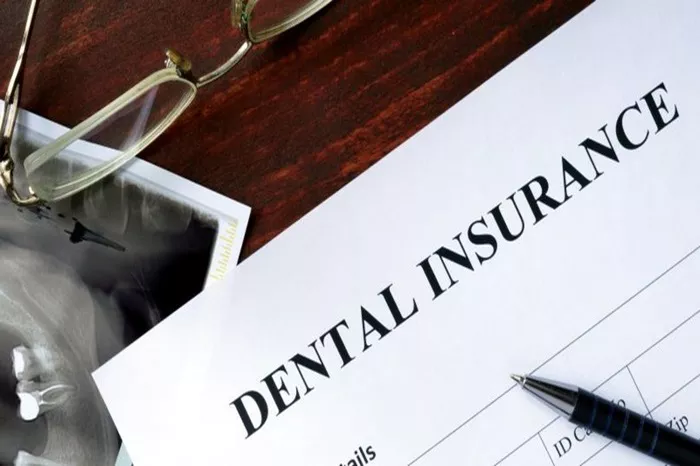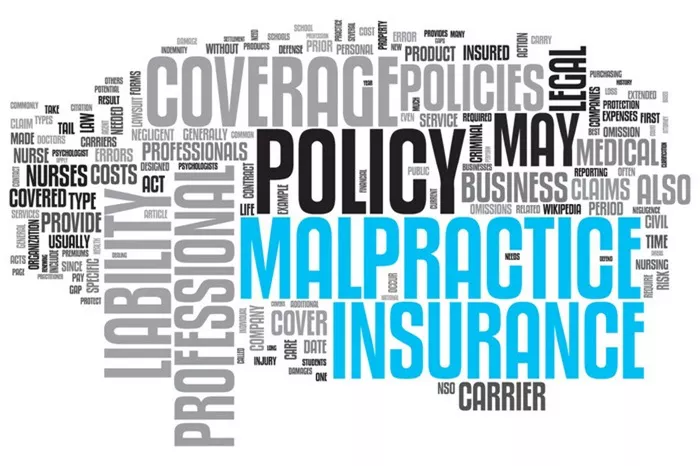Airbnb has transformed the way people travel and rent properties, creating opportunities for homeowners to earn extra income by renting out their homes to guests. However, with this opportunity comes a unique set of risks that standard homeowners’ insurance policies may not fully cover. If you’re considering renting out your home or a part of it on Airbnb, it’s crucial to understand the types of insurance you need to protect your property, yourself, and your guests. This article will provide an in-depth look at the specific home insurance requirements for Airbnb hosts, ensuring that you’re fully covered for any potential risks.
Why Standard Home Insurance Is Not Enough
A typical homeowners’ insurance policy is designed to protect your home from various risks when it is used as a private residence. These risks may include fire, theft, vandalism, and natural disasters. However, once you start renting out your property on Airbnb, even on an occasional basis, your insurance needs change significantly. This is because renting out your property involves a commercial activity, which is often excluded from coverage under standard homeowners’ insurance policies.
Most standard homeowners’ insurance policies explicitly exclude coverage for commercial activities, including short-term rentals. This means that if a guest damages your property, if someone is injured while staying at your Airbnb, or if you face legal action related to your rental activities, your standard home insurance may not provide the coverage you need. In fact, some insurance companies may even cancel your policy if they discover that you are using your property for short-term rentals without proper coverage.
Airbnb’s Host Protection and Host Guarantee
Before exploring additional insurance options, it’s important to understand the protection provided by Airbnb itself. Airbnb offers two primary forms of protection for hosts: the Host Protection Insurance and the Host Guarantee Program. While these programs offer some level of coverage, they are not comprehensive and should not be relied upon as your sole source of protection.
Host Protection Insurance
Airbnb’s Host Protection Insurance provides liability coverage of up to $1 million per occurrence for third-party claims of bodily injury or property damage. This coverage can help protect you if a guest is injured on your property or if a guest causes damage to a neighbor’s property. However, there are several important limitations and exclusions to be aware of:
Intentional Acts: Coverage does not apply to intentional acts, such as assault or battery committed by the host or their family members.
Personal Belongings: Damage to your personal belongings is typically not covered under this insurance.
Certain Exclusions: The insurance does not cover damages related to pollution, asbestos, and certain other risks.
Host Guarantee Program
Airbnb’s Host Guarantee Program offers coverage for damage to your property caused by guests, up to $1 million. However, this program is not a replacement for homeowners’ insurance and comes with significant limitations:
No Personal Liability Coverage: The Host Guarantee does not cover personal liability, meaning it won’t help with legal fees or damages if a guest sues you.
Limited Coverage for Personal Items: Certain items, such as cash, securities, pets, and personal liability, are excluded from coverage.
Wear and Tear Exclusion: The program does not cover damage resulting from ordinary wear and tear or misuse of the property.
While Airbnb’s protection programs provide some level of coverage, they are not sufficient to fully protect you from all potential risks. This is why it’s essential to have additional insurance specifically designed for short-term rentals.
See Also: What to Look for in a Home Insurance Policy
Short-Term Rental Insurance
Short-term rental insurance is a specialized insurance product designed to cover the unique risks associated with renting out your property on platforms like Airbnb. Unlike standard homeowners’ insurance, short-term rental insurance provides coverage that addresses the commercial nature of short-term rentals. This type of insurance typically combines elements of homeowners’ insurance and landlord insurance to offer more comprehensive protection for hosts. Here are the key features to look for in a short-term rental insurance policy:
Property Damage Coverage
Property damage coverage protects your home and its contents from damage caused by guests. This includes coverage for the structure of your home as well as personal belongings used to furnish the rental space. It’s important to ensure that your policy covers a wide range of scenarios, including accidental damage, intentional damage, and damage caused by guests who stay for extended periods.
Liability Coverage
Liability coverage is one of the most critical components of any short-term rental insurance policy. This coverage protects you if a guest is injured on your property or if you are held responsible for damage to someone else’s property. A good short-term rental insurance policy will provide liability coverage that exceeds the limits of Airbnb’s Host Protection Insurance, giving you peace of mind that you’re fully protected against potential lawsuits and legal claims.
Loss of Income Coverage
If your property becomes uninhabitable due to a covered event, such as a fire, flood, or other disaster, loss of income coverage can compensate you for the rental income you would have earned during the period when your property is being repaired. This type of coverage is particularly important for hosts who rely on their Airbnb income to cover mortgage payments or other essential expenses.
Guest Injury Coverage
Some short-term rental insurance policies offer additional coverage for guest injuries, beyond what is included in standard liability coverage. This can include medical payments for injuries sustained by guests on your property, regardless of fault. Guest injury coverage can help prevent lawsuits by quickly addressing minor injuries and providing financial assistance to injured guests.
Vandalism and Theft Coverage
Vandalism and theft coverage provides protection against damage or loss caused by guests who intentionally damage your property or steal items from your home. While Airbnb’s Host Guarantee may cover some instances of theft or vandalism, it is not comprehensive. Short-term rental insurance can provide additional coverage for these risks, ensuring that your property and belongings are fully protected.
How to Choose the Right Short-Term Rental Insurance
When selecting a short-term rental insurance policy, it’s important to consider your specific needs, the characteristics of your property, and the level of protection you require. Here are some key factors to consider when choosing the right insurance policy:
Frequency of Rentals
If you rent out your property frequently or for extended periods, you’ll need more robust coverage than someone who only rents their property occasionally. Some insurance companies offer policies specifically tailored to frequent hosts, with higher coverage limits and additional protections designed for regular rental activity.
Type of Property
The type of property you’re renting out can also affect your insurance needs. For example, a single-family home may require different coverage than a condo or apartment. Additionally, if your property is located in a high-risk area, such as a flood zone or an earthquake-prone region, you may need additional coverage for these specific risks.
Existing Homeowners’ Insurance
Before purchasing a separate short-term rental insurance policy, check with your current homeowners’ insurance provider to see if they offer an endorsement or rider that can extend your existing coverage to include short-term rentals. This option may be more cost-effective than purchasing a standalone policy and can provide the additional coverage you need without significant changes to your current policy.
Insurance Provider’s Reputation
When choosing an insurance provider, it’s important to consider their reputation for customer service, claims handling, and expertise in the short-term rental market. Look for providers that specialize in short-term rental insurance and have positive reviews from other hosts. Additionally, consider seeking recommendations from fellow Airbnb hosts or online communities to find a reliable provider.
Conclusion
Renting out your property on Airbnb can be a rewarding experience, but it also comes with unique risks that standard homeowners’ insurance may not fully cover. To protect yourself, your property, and your guests, it’s essential to have the right insurance coverage in place. This includes understanding the limitations of Airbnb’s Host Protection Insurance and Host Guarantee Program, as well as investing in a comprehensive short-term rental insurance policy.
By choosing the right insurance coverage and following the proper steps when filing a claim, you can enjoy the benefits of being an Airbnb host with the peace of mind that you’re fully protected against potential risks.






















